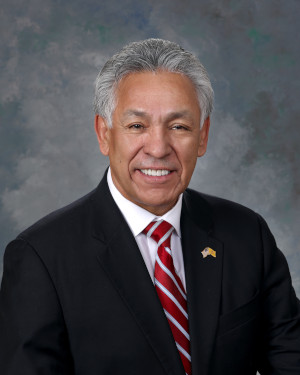HB 22 PROHIBIT CREDIT CARD FEE TIP DEDUCTIONS
Sponsored By: Rep Art De La Cruz
Actions: HPREF [1] HLVMC/HCEDC-HLVMC [3] DP-HCEDC [5] DP [7] PASSED/H (62-5) [8] SHPAC/STBTC-SHPAC [19] DP-STBTC [21] DP API.
Scheduled: Not Scheduled
House Bill 22 (HB 22) amends the minimum wage act to prohibit employers from deducting credit card fees or costs from employee tips. Declares an emergency.Legislation Overview:
House Bill 22 (HB 22) amends SECTION 1 of Employment Section 50-4-22 NMSA 1978 (being Laws 1955, Chapter 200, Section 3, as amended) to insert Subsection E to require that an employer that allows patrons to pay tips on a credit card shall pay the employee the full amount of the gratuity the patron indicates on the credit card with no deductions for credit card processing fees or other costs charged to the employer by credit card companies. HB 22 adds SECTION 2 declares an emergency that this act take effect immediately.Current Law:
Employment Section 50-4-22 NMSA 1978 (being Laws 1955, Chapter 200, Section 3, as amended) allows the employee tips are wages, but does not specify that an employer cannot deduct credit card fees from employee wages.
-
Bill Documents arrow_drop_down
-
Commitee Reports & Amendments arrow_drop_down
-
Floor Amendments arrow_drop_down
-
Floor Votes arrow_drop_down
